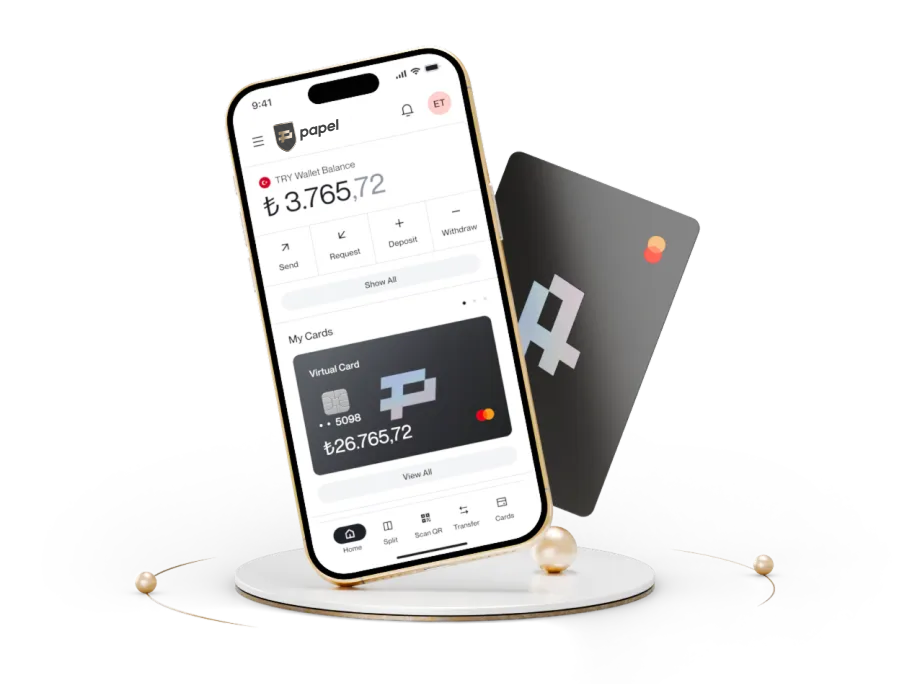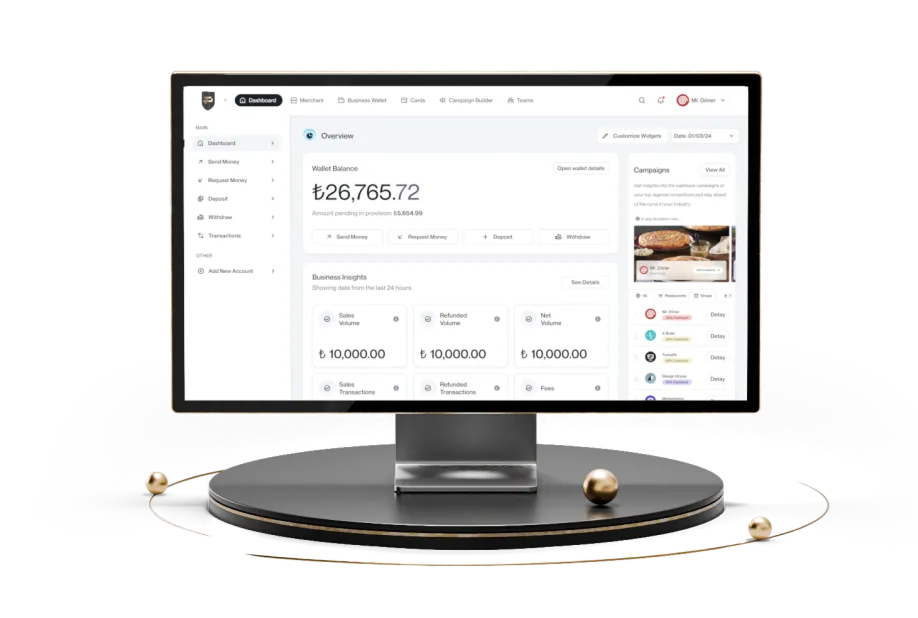Budget Guide for Erasmus
The Erasmus adventure presents a fantastic opportunity to discover a new country, explore diverse cultures, and enhance your academic development. However, financial planning is essential to ensure this experience is enjoyable and smooth. Although Erasmus grants provide a certain level of support, it is often not possible to cover all expenses. Therefore, managing your budget efficiently, being prepared for potential emergencies, and considering additional income opportunities when necessary are crucial. In this article, we have compiled all the financial details for you, from the importance of budget planning during the Erasmus process to savings methods, grant information, and how to easily transfer money abroad with Papel.
Why is budget planning essential in the Erasmus program?
Erasmus+ grants are designed to cover basic living expenses, such as accommodation, food, and transportation; however, these grants are usually insufficient to cover all costs. Therefore, determining your income and expense items and making a detailed budget plan will facilitate the sustainability of the program. Additionally, since Erasmus grant amounts vary from country to country, creating an additional income plan before going to the country where you will participate in the Erasmus program will make the process easier. In addition to receiving support from your family, you can also consider part-time work options to contribute to your Erasmus budget. Furthermore, documenting your expenses with bills, bank statements, and similar documents is particularly important for grants and project financial audits. For this reason, it will be beneficial for you to document your economic activities and act transparently during your Erasmus period in case of a possible audit.

Average expense items for Erasmus
The budget you will need during your Erasmus experience varies depending on your lifestyle and preferences. For example, choosing a private room for accommodation or opting to stay in a shared dormitory will result in different costs. Taking your budget into account while making choices regarding your basic needs and other expenses will help you have a more comfortable Erasmus experience. Monthly basic expenses in Erasmus can vary between approximately €800 and €1,800, and the monthly Erasmus grants, usually between €480 €600, will not be sufficient to cover all your needs. Therefore, we recommend that you prepare accordingly, taking into account your financial situation and lifestyle.
Erasmus grants and additional income opportunities
Although the Erasmus grant is sufficient to cover basic living expenses, having a more comfortable experience and covering additional costs is also crucial. Grants provided to disadvantaged students, internship salaries, and part-time employment opportunities are also vital. Learning about the legal situation in the country you will be visiting and planning accordingly can maximize both your financial and personal gains. The 2024–2025 Erasmus+ grant amounts are as follows:
• Group 1 (high-cost countries): €390/month
• Group 2 (medium-cost countries): €330/month
• Group 3 (low-cost countries): €330/month
Erasmus internships are one of the methods that can be preferred to earn additional income. Most students are eligible to undertake internships in local workplaces and receive an Erasmus+ internship grant. Some institutions may also offer additional payment options. Another option for earning extra income is part-time jobs. In many countries, Erasmus students can work part-time in cafes, restaurants, stores, and similar places. Since this opportunity may vary from country to country, it is essential to check the local regulations regarding work permits and time limits in the country where you will participate in the Erasmus program before you depart. Additionally, through programs such as Erasmus Mundus and Campus Europae, you can gain both academic and professional experience; some of these also offer salaries or additional support. Through these methods, you can also earn income by providing additional activities such as language courses, consulting, and private lessons.

Ways to save money during Erasmus
Creating a clear monthly spending plan that includes expense items such as accommodation, transportation, food, bills, and social activities is essential for managing your budget during the Erasmus period. When creating this plan, also consider your grant, savings, and any additional funding you may have. Additionally, controlling your daily expenses and recording them in detail will help you maintain control over your budget. Another savings method that can be helpful is to allocate amounts for your expense items in advance and try not to exceed those limits. Moreover, by following and using student card discounts for cultural activities and entertainment expenses in the city where you are doing Erasmus, you can benefit from significant savings. We recommend obtaining an ESN and an ISIC card to take advantage of these discounts. Using cash can also make an essential contribution to controlling your budget. Additionally, instead of withdrawing small amounts frequently from the bank, withdrawing larger quantities at once can reduce the commission per transaction, resulting in long-term savings. To make saving easier during this process, you can also take a look at our Smart Saving Tips for Young People, where we provide savings tips.
Sending money abroad 24/7 with Papel
Papel offers a secure, economical, fast, and uninterrupted solution for sending money abroad. Thanks to fixed transaction fees (€1 or $1), favorable exchange rates, and 24/7 access, it is now much easier to send money quickly to your loved ones abroad or during your Erasmus. Additionally, with cashback opportunities and in-app comparative savings tools, you can also support your daily financial life. You can download the Papel app to your phone, verify your identity, and start international money transfers immediately.
This blog post contains general information, not legal, financial, or investment advice. The content is prepared for informational purposes only, and you are advised to seek professional advice for your specific circumstances. The expressions in this article do not carry any binding nature or responsibility and reflect only the author’s evaluation. All your decisions are your responsibility, and Papel Electronic Money and Payment Services Inc. accepts no liability for any consequences arising from them.

